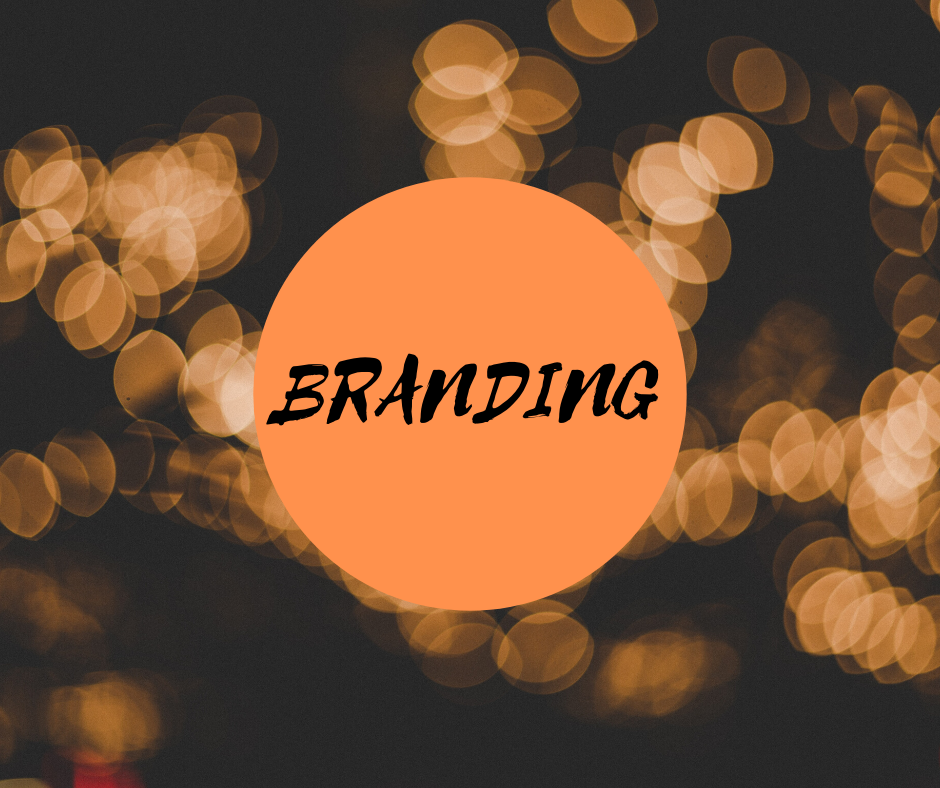Are you falling for any of these branding myths?
People fall for misconceptions all the time. And branding is one of the most misunderstood concepts of the marketing world. In this post we’ll explore the most common myths we’ve heard in our careers and from our clients:
- Branding is difficult
- Branding is pointless
- Branding is just a logo
- Branding doesn’t bring ROI
- Branding is expensive
- Branding is not necessary
- Branding is not for SMEs or sole-traders

Brands are like people.
Some have money they can spend lavishly – De Beers casually dropped £138 mil on marketing last year.
Others are on a budget – Ryanair, stay cheap. We love you for it.
They have a voice – BrewDog certainly has a voice and is not afraid to use it.
Some are funny – Netflix really does sound like your best friend on WhatsApp.
Or have bad grammar – in 2011 this was a thing. In 2013 this was a thing. In 2017, yep still there. Bet it’s still a thing in 2020?
Some use too many exclamation marks – Look Boohoo, “£1.99 delivery!” does not warrant an exclamation mark. You’re not bringing Lassie home.
And some are exquisitely pretty, snobbish, or just really annoying – The Kardashians bring it home on all accounts!
But what they all have in common is that they want to be liked.
To understand the power of the brand and what it means for the price tag, let’s take 2 super-luxurious, power-crazy cars. Identical. The same specs, the same power, the exact same design. Except one single detail. One bears the Dacia logo, while the other one is made by the Lamborghini brand. Which one would you be more inclined to pay £360,000 (current UK price for the Aventador SVJ) for?
(If you said Dacia, please scroll to the bottom of this post, you special lil’ cookie!)
But for now, let’s dive into those myths:

1. Branding is difficult
Sure the process is a bit painful, but as with most things in life there is a roadmap to it. Most people think it’s overwhelming because they either don’t know where to start, or they try to start with everything. But here’s the thing, no expert, agency, or self-professed guru would start without a roadmap and a strategy. That every business needs to sell to be successful, is no secret. The “painful” part clients typically struggle with is establishing the context around it; what are you selling, why are you selling, what’s different about you?
If you download our branding kit, you will find a clear strategy and step-by-step instructions to define things like mission statement, values, or your brand story with prompts and clear examples. You don’t need a brand expert, just the right guidance.
2. Branding is pointless
To outsiders, branding is one of those concepts that can be described as “vague”. This, to a business that’s in the business of making money, renders it a pointless exercise. Sadly, the biggest offenders for reinforcing this myth are exactly the people that should dispel it. Most branding experts choose to promote branding with vague questions that only serve to confuse people even more. When you break it down, there’s actually nothing vague about it.
3. Branding is just a logo
No, branding is never just a logo. But opinions vary, depending on who you ask. If you’re asking a £9.99 logo-peddler on race-to-the-bottom marketplaces, then yes “a beautiful logo is all you need for a big brand”.
Branding is achieved by using a number of tools such as mission statement, positioning, design, customer experience. Market segmentation and even the pricing strategy can be a part of branding. How it all comes together to deliver a unique offer, an interesting story and a meaningful connection is your exclusive business blueprint. The logo is just one part of it.

4. Branding doesn’t bring ROI
Unlike other marketing activities, such as social advertising that bring immediate results, branding does not show instantly on a balance sheet. That is because the value of branding is accrued over time. A bit like a good friendship that takes time to settle, branding is nonetheless a business tool that drives commercial value. Just ask Google.
5. Branding is expensive
… but so are your clothes, the car you drive, the places you like to visit, or the films you want to watch. Everything that defines you is a conscious investment that you make because it is part of your identity. Branding is the process of defining your business’ identity. It will take time before you find something that fits. More so, to find the common ground between your business and your ideal customer base. Luckily, we’ve done all the work behind the scenes and created a very easy roadmap to branding.
6. Branding is not necessary
Sure, for short-term goals and quick sales, branding is not necessary. You might think your local butchers or fruit and veg corner shop sells just fine without any branding. But let’s dig a little. Do they really have no branding power? When you want some fresh cherry tomatoes do you just go to any shop? Or do you go to that corner shop that always has the freshest greens and recommends you the strawberries that just came in yesterday? Is the shop-owner friendly? Do you like how they treat you? Is the quality always top-notch? That is the power of branding. You got there because it’s that shop. It doesn’t matter what you call it. It’s about why you choose it instead of others.
7. Branding is not for SMEs or sole-traders
Of course branding for an SME or a sole-trader has nothing to do with the branding of big companies like Nike or Apple. But as the example above illustrates, it doesn’t need to. Branding does not look the same for any two companies, nor it should. It doesn’t cost the same, it doesn’t look the same, and no two purposes are the same.
Your local fruit and veg shop doesn’t need international recognition. It needs a local reach and customer loyalty. It may talk about ethically sourced products from local farmers. It may tell you a story about a particular farmer who struggled with big supermarkets. It may ask you about what you’re cooking today.
It’s authentic. It has a voice. And it cares about you. That’s what branding means.

P.S. If you’re the special kind that would pay £360,000 for a car made by Dacia, let us know in the comments below. Their R&D team probably wants to hear from you




